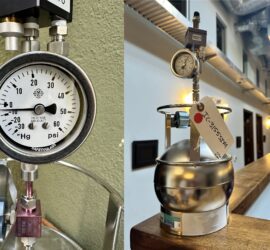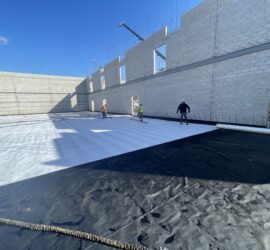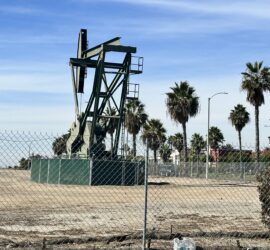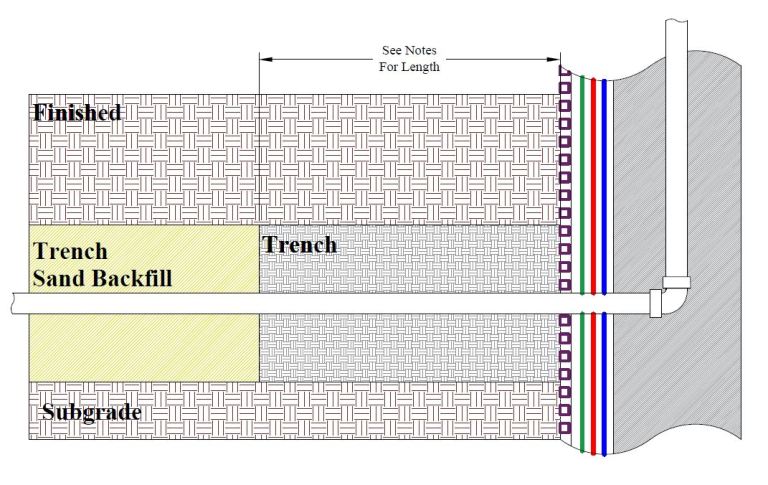Methane Alarm System
Methane Alarm System: As per the Los Angeles Department of Building and Safety (LADBS) Methane Code, Ordinance Number 175790, a methane alarm system is part of an active methane mitigation plan. A methane alarm system is a group of interacting components and circuits that synchronize to monitor and annunciate the status of high methane soil gas intrusion. At a minimum, this includes methane detectors, an audible alarm, a visual alarm, a control panel, and necessary programing for synchronization with an HVAC system and soil vapor extraction (SVE) system.









